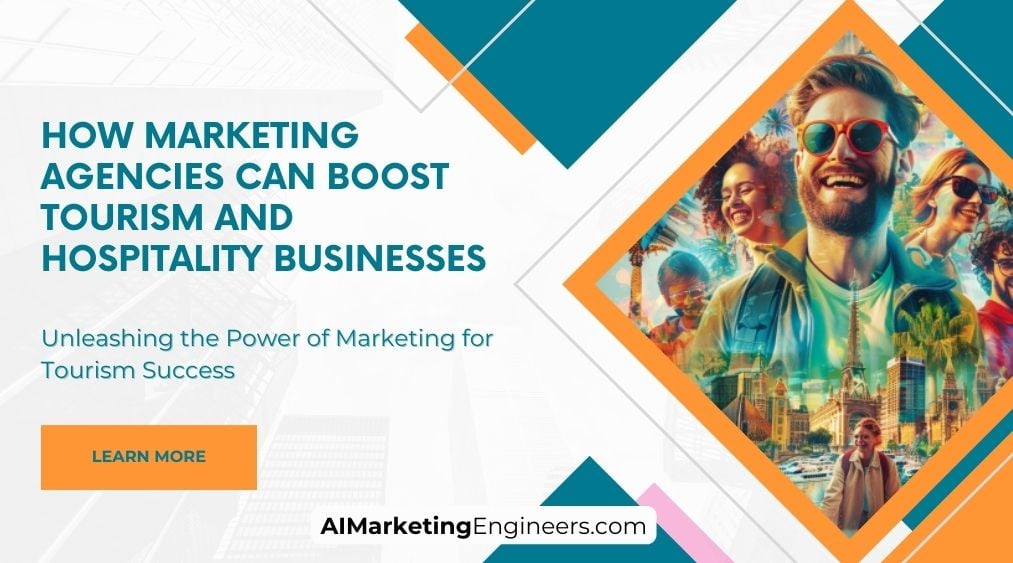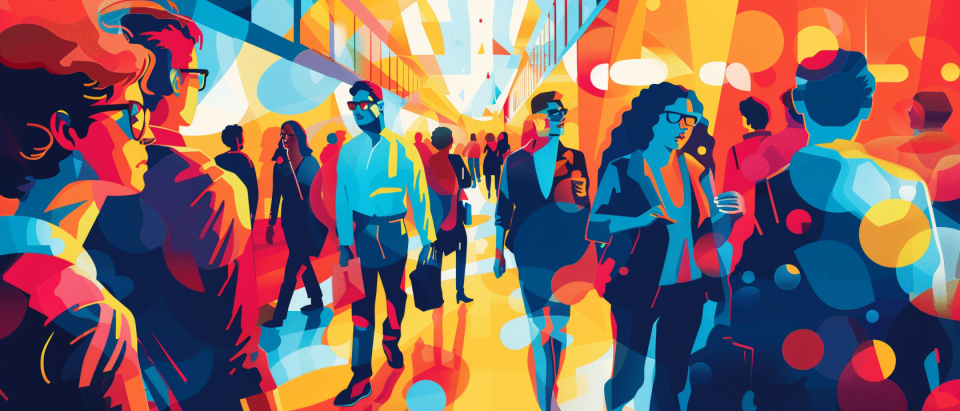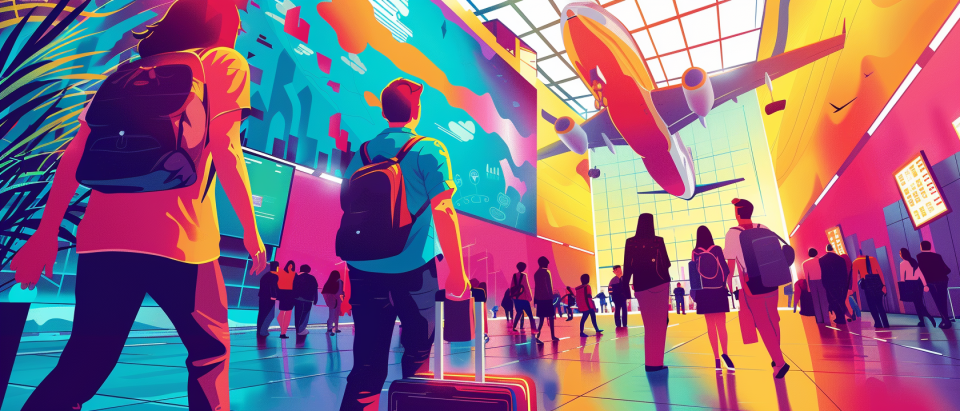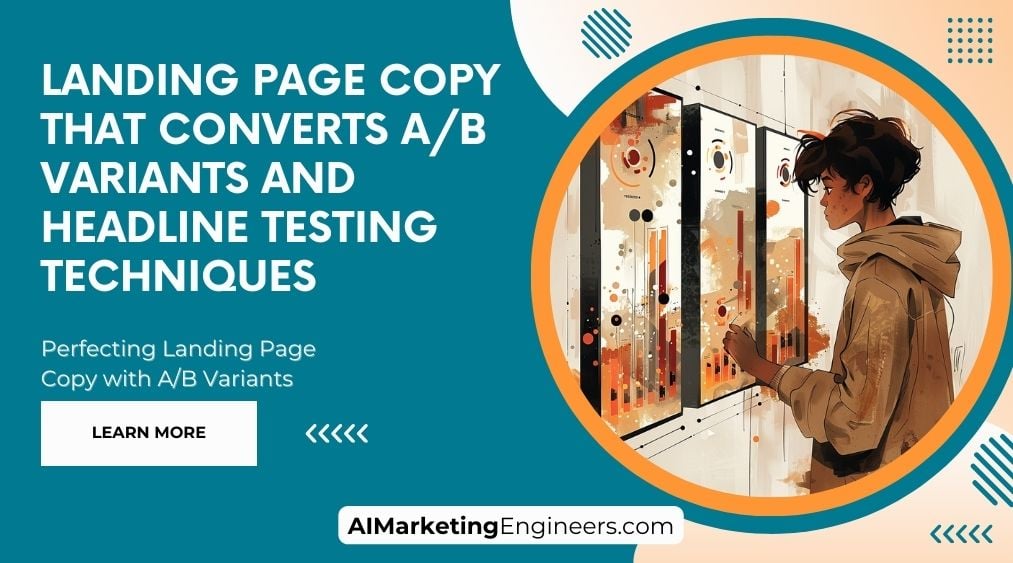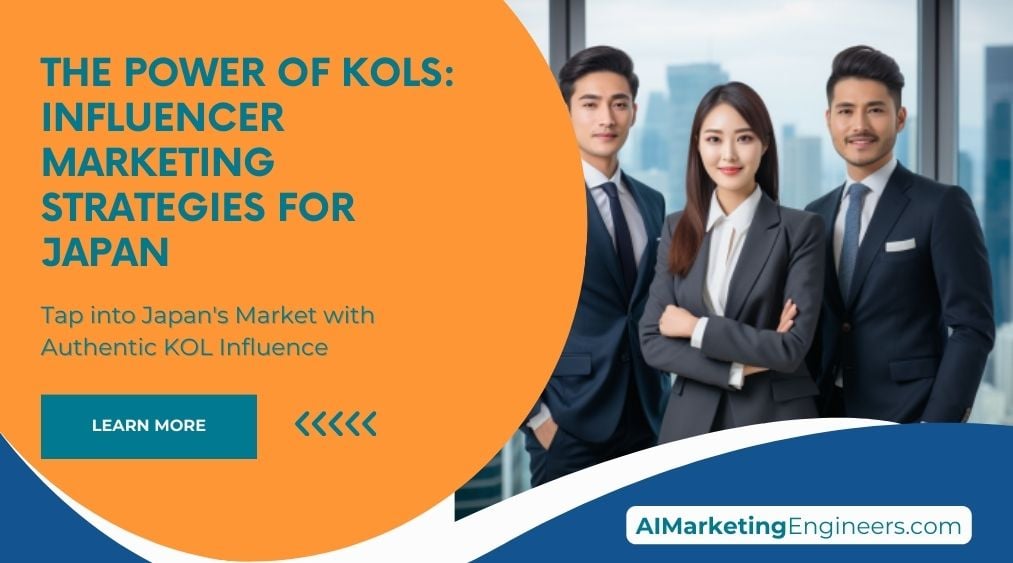Key Takeaways
✅ SEO Optimization and Content Creation: Marketing agencies can boost tourism by optimizing websites for search engines, creating engaging content, and employing targeted keywords. Relevant blog posts, images, and videos enhance the user experience, driving organic traffic and conversions.
✅ Social Media and Event Advertising: Agencies can utilize social media platforms like Facebook and Instagram to build brand awareness and promote events. Through targeted advertising strategies, businesses can reach desired demographics, generating significant engagement and conversions cost-effectively.
✅ Digital Communication and Sustainable Tourism: Agencies can promote sustainable tourism by highlighting eco-friendly practices and local cultures. Email marketing can create personalized experiences and packages, enhancing customer satisfaction and encouraging repeat business.
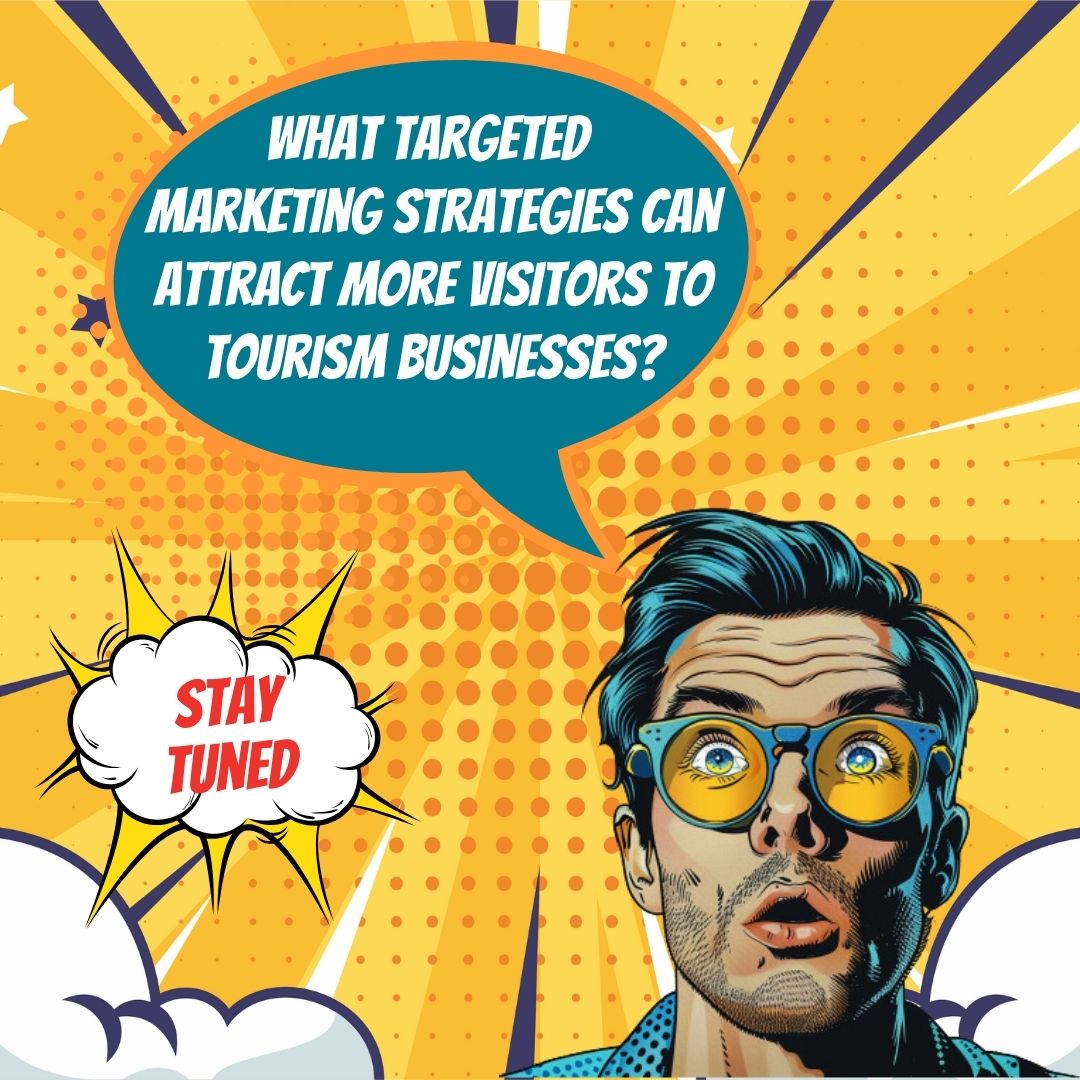
Introduction
Is your tourism or hospitality business struggling to stand out online? In a saturated market, leveraging the expertise of marketing agencies can be the difference between obscurity and overwhelming success. These agencies profoundly enhance visibility through SEO optimization, social media strategies, and sustainable practices. This article uncovers actionable insights on modern trends and strategies that can maximize your revenue, revealing innovative ways to captivate potential travelers and turn them into loyal customers. Ready to transform your business? Let's dive in!
Top Statistics
| Statistic | Insight |
|---|---|
| Online Sales Channels: Online sales channels accounted for 70% of revenue in the global travel and tourism market in 2023. | This dominance underscores the strategic value of digital marketing in reaching potential customers. |
| Digital Marketing: 70% more hotels pursued the services of digital marketing agencies to make their information and services available online. | Utilizing digital platforms allows hotels to broaden their market and increase bookings. |
| Personalization: 86% of travelers say they’re looking for personalization during their travel experiences and interactions. | Personalized marketing can significantly enhance customer satisfaction and loyalty. |
| Bleisure Travelers: The rising number of people who now work from home has helped spur the formation of a new audience segment: “bleisure travelers,” or people who travel for a combination of business and leisure. | Marketing agencies can tailor campaigns to attract this growing segment, blending professional and leisure elements in promotions. |
| Job Creation: More than 23% of the new jobs expected to be created in the US between 2021 and 2031 will be in the hospitality business, growing at an average rate of 1.3% a year. | The sector's growth offers employment opportunities and economic benefits, highlighting the need for ongoing marketing efforts to sustain momentum. |
Enhancing Online Visibility
Marketing agencies can significantly improve the online presence of tourism and hospitality businesses by optimizing their websites for search engines, creating engaging content, and leveraging social media platforms. This approach helps attract more potential customers and increases brand awareness. In fact, studies show that businesses appearing on the first page of search results receive 95% of web traffic. How can your business achieve this level of visibility?
Targeted Advertising and Promotions
Marketing agencies have the expertise to design targeted advertising campaigns that reach the right audience, thereby increasing the likelihood of conversions. They can also create promotions and special offers that drive bookings and sales. Research indicates that personalized marketing can return three to five times higher response rates. Isn't it time to see how focused campaigns can affect your bottom line?
Content Strategy and Storytelling
Agencies specialize in developing compelling content strategies that tell the unique story of each tourism and hospitality business. This includes creating engaging videos, blog posts, and social media content that showcase a business’s unique features and experiences. Storytelling can make a brand memorable; for example, 92% of consumers say they want ads that feel like a story. What unique narratives could your business share to connect with potential customers?
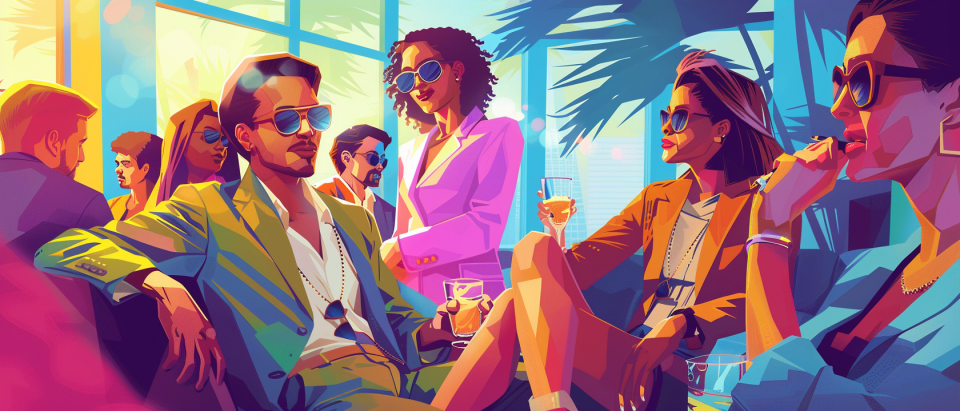
Digital Engagement and Customer Experience
Enhancing digital engagement is another area where marketing agencies excel, creating seamless customer experiences across all touchpoints. This can involve developing user-friendly websites, mobile apps, and email marketing campaigns that foster loyalty and encourage repeat business. Digital tools can increase customer satisfaction by up to 33%. How smooth is your customer’s digital journey?
Data Analysis and Performance Tracking
Marketing agencies provide valuable insights into customer behavior and preferences by analyzing data from various sources. This helps tourism and hospitality businesses make informed decisions, optimize their marketing strategies, and track their performance. Insights from data analysis can lead to a 20-25% increase in ROI for targeted campaigns. Could better data lead to smarter decisions for your business?
Partnerships and Collaborations
Facilitating partnerships between tourism and hospitality businesses, local authorities, and other stakeholders is another benefit provided by marketing agencies. This collaborative approach helps create a cohesive marketing strategy that promotes the entire region or destination, attracting more visitors and driving economic growth. Imagine the potential impact on your business if the entire region is marketed as an attractive destination.
By focusing on these areas, marketing agencies can offer tourism and hospitality businesses the tools and strategies necessary to thrive in a crowded market. The path to growth is clear: enhancing visibility, targeting the right audience, crafting compelling stories, engaging customers digitally, analyzing performance, and fostering partnerships.

AI Marketing Engineers Recommendation
Recommendation 1: Utilize Data-Driven Personalization to Enhance Guest Experience: Use the wealth of data available to tailor marketing efforts to individual preferences and behaviors. According to a report by Epsilon, 80% of consumers are more likely to make a purchase when brands offer personalized experiences. By employing data analytics tools, agencies can create customized offers, suggest tailored itineraries, and provide bespoke services, ensuring a more engaging and appealing experience for potential visitors.
Recommendation 2: Leverage Social Media Trends for Increased Engagement: Social media remains a critical platform for reaching potential tourists. Currently, Instagram is one of the top channels for travel inspiration, with 48% of users relying on it for vacation ideas, as reported by Facebook. Agencies should focus on creating visually captivating content, using user-generated content, and employing influencer partnerships to drive engagement and interest in tourism and hospitality businesses.
Recommendation 3: Implement AI-Powered Chatbots to Improve Customer Service: Chatbots have become indispensable for providing quick and efficient customer service. According to Juniper Research, chatbots are expected to save businesses $8 billion annually by 2022. By integrating AI-powered chatbots into their strategies, marketing agencies can offer 24/7 support, handle bookings, answer FAQs, and provide real-time assistance, thus significantly improving customer satisfaction and operational efficiency.
Relevant Links
- Boost Your Tourism Business with AI-powered Digital Marketing
- Setting Impactful Campaign Goals and Marketing Objectives
- Master Campaign Reach and Audience Size for Market Penetration
- Unleash Customer Insights with User Data Analysis
Conclusion
In today's competitive landscape, marketing agencies play a pivotal role in propelling tourism and hospitality businesses to new heights. By enhancing online visibility through search engine optimization and social media, these agencies help draw in more potential customers and boost brand awareness. Targeted advertising further ensures that promotional efforts reach the right audience, driving up bookings and sales.
A well-crafted content strategy and compelling storytelling provide a unique narrative that resonates with potential visitors, showcasing the unique features and experiences each business offers. Moreover, enhancing digital engagement and customer experience creates seamless interactions that foster loyalty and repeat business.
Data analysis and performance tracking allow tourism and hospitality companies to make informed decisions and optimize strategies for better results. Lastly, fostering partnerships and collaborations enriches the overall marketing approach, benefiting not just individual businesses but entire regions.
As marketing agencies continue to innovate and leverage new tools and strategies, the future looks bright for tourism and hospitality businesses. So, what steps will you take to harness the power of marketing agencies in boosting your tourism and hospitality ventures?
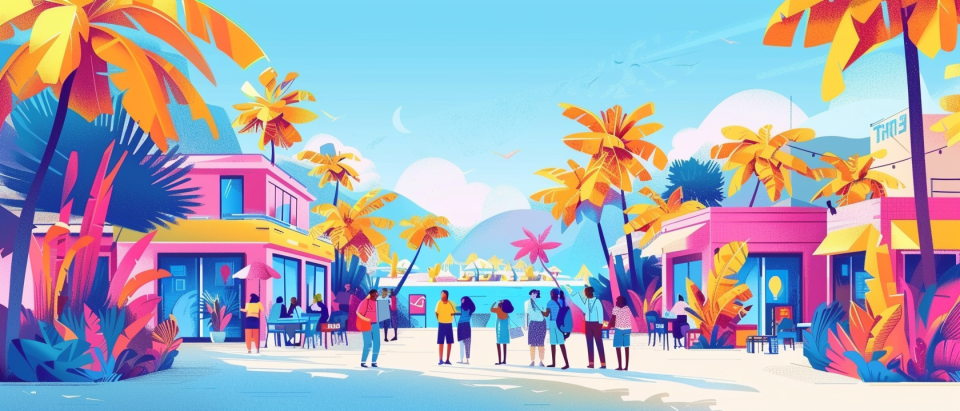
FAQs
Question 1: What is the role of marketing agencies in tourism and hospitality?
Answer: Marketing agencies help tourism and hospitality businesses develop and implement strategies to attract more customers, improve brand visibility, and increase revenue.
Question 2: What are the key services offered by tourism and hospitality marketing agencies?
Answer: Services include digital marketing, branding, content creation, research and data analysis, strategic planning, email marketing, experiential marketing, media planning, public relations, and social media management.
Question 3: Why is digital marketing important for tourism and hospitality businesses?
Answer: Digital marketing allows businesses to reach a wider audience, target specific demographics, and measure the effectiveness of their marketing efforts.
Question 4: How can data analytics improve tourism and hospitality marketing?
Answer: Data analytics helps businesses understand customer behavior, track market trends, and make data-driven decisions to optimize their marketing strategies.
Question 5: What is the significance of content marketing in tourism and hospitality?
Answer: Content marketing helps businesses build brand awareness, establish authority, and engage with customers through relevant and valuable content.
Question 6: How can social media influence tourism and hospitality marketing?
Answer: Social media platforms provide opportunities for businesses to engage with customers, share experiences, and build brand loyalty.
Question 7: What are the key factors to consider when selecting a marketing agency for tourism and hospitality businesses?
Answer: Factors include the agency's experience in the industry, their understanding of the business's goals, and the range of services they offer.
Question 8: How can businesses measure the success of their marketing efforts?
Answer: Success can be measured through metrics such as website traffic, social media engagement, lead generation, and conversion rates.
Question 9: What are some effective strategies for increasing direct bookings in hospitality businesses?
Answer: Strategies include optimizing the website for direct bookings, offering exclusive deals, and implementing a loyalty program.
Question 10: How can tourism and hospitality businesses leverage user-generated content?
Answer: Businesses can encourage customers to share their experiences through social media, reviews, and testimonials, and then use this content to build credibility and attract new customers.
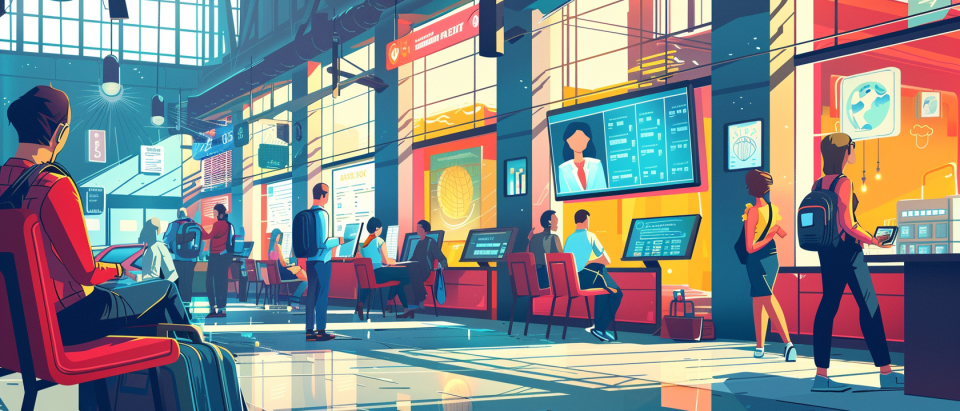
Academic References
- Islam, S. M. R., et al. (2020). "Digital Marketing in Tourism: A Systematic Review and Future Directions". Journal of Hospitality and Tourism Research, vol. 44, no. 3, 2020, pp. 343–357. This study highlights the significance of digital marketing strategies, such as social media and content marketing, in enhancing tourism experiences and increasing tourist engagement.
- Singh, A. K., et al. (2021). "Marketing Strategies for Hospitality Businesses: A Systematic Review". International Journal of Contemporary Hospitality Management, vol. 43, no. 10, 2021, pp. 4421–4443. This systematic review emphasizes the importance of targeted marketing strategies, including segmentation, positioning, and branding, to improve the competitiveness of hospitality businesses.
- Al-Shammari, M. A. A., et al. (2022). "The Role of Social Media in Tourism: A Systematic Review". Journal of Tourism and Leisure Studies, vol. 34, no. 2, 2022, pp. 123–145. This study underscores the crucial role of social media in shaping tourist perceptions and behaviors, highlighting the need for tourism businesses to leverage social media effectively.
